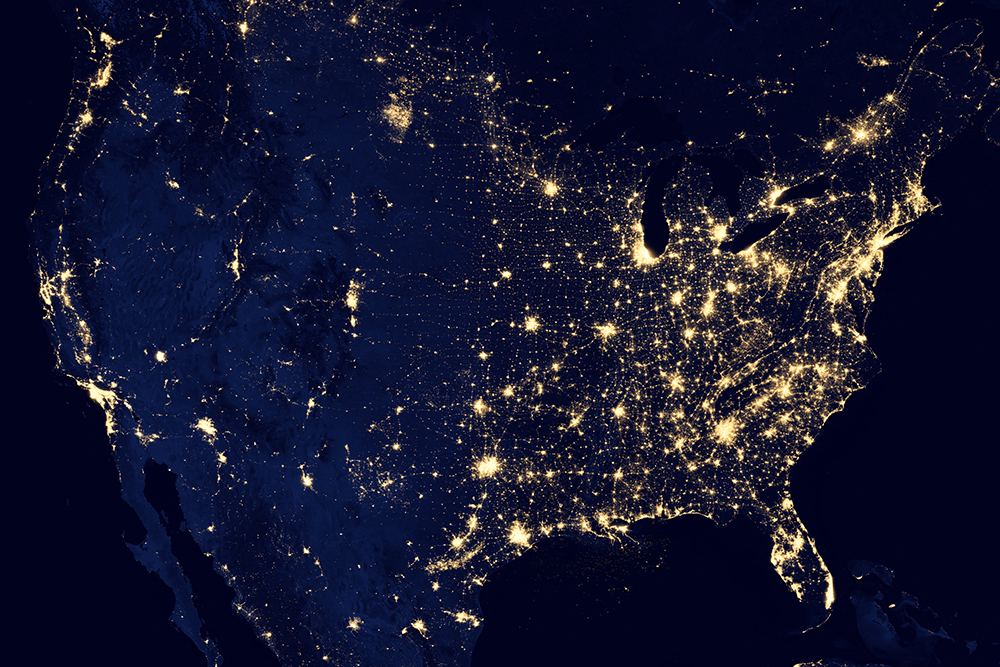Policymakers and advocates are pushing for new limits on political advertisers’ ability to narrowly target voters with tailored messaging on major tech platforms, Axios’ Margaret Harding McGill and Kyle Daly report.
Why it matters: Critics say the targeted political ads are a key means of spreading misinformation on topics like the presidential election and the pandemic.
Driving the news: Ranking Digital Rights, a research program affiliated with the New America think tank, is calling on Facebook and other online platforms to limit targeted advertising in the lead-up to the November election in a report released Wednesday.
- Democratic lawmakers are also pressuring tech companies with new bills to curb political ad targeting online.
The big picture: Advocates of limiting the targeted ads say they let campaigns launch questionable and outright false messaging at the narrow demographic slices most likely to be receptive to it, all with little accountability or oversight.
- Defenders of the practice say it drives voter engagement and fundraising, and that its simply a more effective and cost-effective way of reaching voters with campaign messaging.
Details: The Ranking Digital Rights report says severely limiting or altogether eliminating advertisers’ ability to target individuals online would “dramatically reduce the flow and impact of election-related disinformation and misinformation on social media.”
- In the short term, the group wants Facebook and Google to only let political advertisers target people by geographic area, and offer a transparency mechanism to provide insight on policy enforcement, RDR senior policy analyst Nathalie Maréchal told Axios.
- “If I had my magic wand, I would apply this to all ads,” Maréchal said. “But if they would start with political ads only between now and November, that would be much better than the current situation.”
Where it stands: The three leading social media firms all took divergent approaches on political ad targeting in policies they announced following sustained pressure that began last year to crack down on misinformation in campaign ads.
- Twitterbanned all political ads.
- Googlebanned the use of data any more specific than age, gender and postal code to target ads at voters.
- Facebook opted against limits on microtargeting as it largely left in place a broadly permissive political advertising policy.
Reality check: This close to the presidential election, these companies aren’t likely to make major changes to political ad policies they spent months developing.
Meanwhile, House Judiciary antitrust subcommittee chairman David Cicilline and five cosponsors have introduced the Protecting Democracy from Disinformation Act to restrict narrow targeting of online political ads to only using age, gender and location.
- A broader bill from California Rep. Anna Eshoo would limit targeting by online political advertisers to geography.
Yes, but: The bills are unlikely to draw the broad bipartisan support they’d need to pass both houses of Congress, particularly before the 2020 election.
- The Honest Ads Act, first introduced in 2017, which would increase transparency requirements for online ads, hasn’t gained much traction on the Hill.
The bottom line: The report and bills are unlikely to spur immediate action, but they may force campaigns and tech companies to revisit thorny questions around ad targeting as election season heats up.
- “Do they want to go down in history as as having enabled deadly information to continue to spread and be weaponized on on their platforms?” RDR director Rebecca MacKinnon told Axios. “How do they want to be remembered in history for their role in this particular election?”







